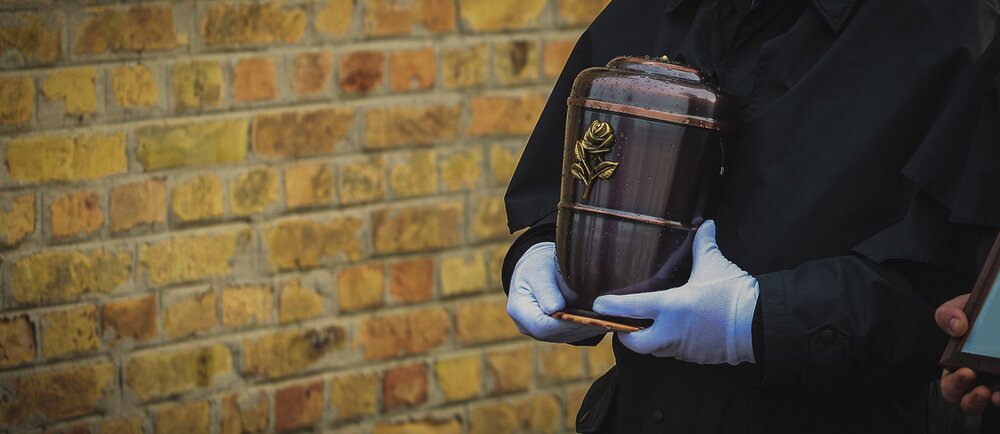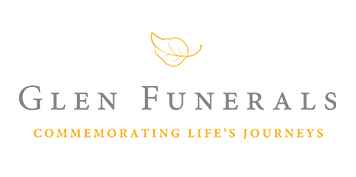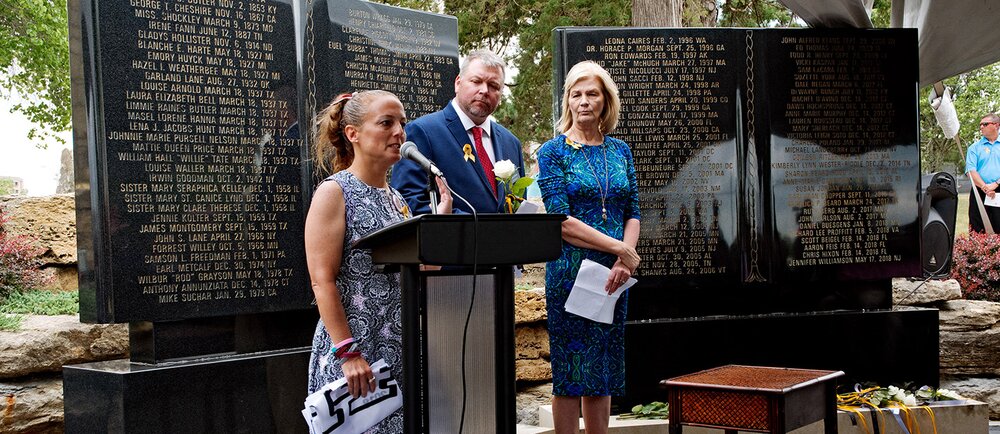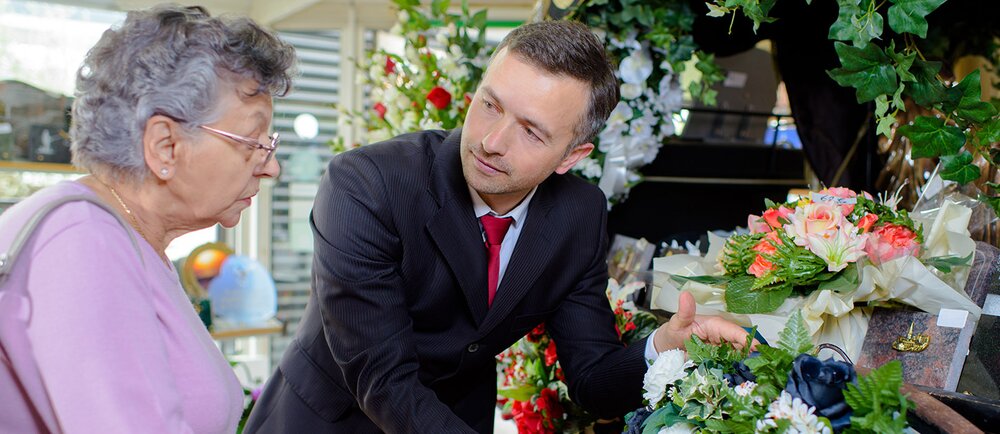For All Enquiries
1800 260 444 (24 Hours)
Email: contactus@glenfunerals.com.au
7 Things To Consider For Easy Funerals
The loss of a loved one is devastating, and whether it’s our grandparents, parents, siblings, or other family members who leave us, expectedly or unexpectedly, experiencing the death of a close member is one of life’s toughest moments. Easy funerals strives to provide support and ease during these challenging times, ensuring that the process is handled with care and respect.
And whilst losing a loved one is tough, these are moments where you may also need to be your most composed, particularly if the deceased did not express their funeral wishes.
When this happens, it is the family who is responsible for making the appropriate arrangements.
Making critical financial decisions during these hard times can be incredibly painful, yet it is critical to do the Easy Funerals. An easy funerals allows family and friends to grieve together and begin the healing process.
Funeral service professionals with experience can assist you in navigating these difficult times and with the assistance of a reliable funeral director, you can arrange an acceptable and meaningful farewell for your deceased loved one.
If you have been entrusted with funeral arrangements, the following are some of the most critical tasks to consider:
1. Obtaining the Services of a Funeral Director
While picking a funeral director may appear overwhelming, making the correct choice can make all subsequent processes much easier. A skilled and compassionate funeral director can act as a helpful guide, easing the burden of all the planning. The director can handle all the logistics involved with planning and delivering a easy funerals, leaving you free to spend time with family and friends.
It is also important to consider the capabilities of the funeral director.
In these COVID19 times, where funerals can be subject to tight attendance restrictions, it is important that your funeral director has webcasting capabilities.
Of course, this might also be important if you have family or friends overseas who would like to atend the service.
If a trustworthy family member or friend can refer you to a funeral director, this can make things easier. Alternatively, there are a plethora of informative reviews and suggestions available online and Howard Squires funerals are your local, trusted funeral directors in the Mitchell Shire.
While it is perfectly OK to do everything yourself, the procedure is simplified significantly if you use a reputable advisor.
2. Determining the Ceremony's Religious or Secular Nature
Another important factor to consider while making this decision is your departed loved one's belief, or preferred ceremonial requests.
If they had a strong religion in any denomination, the funeral ceremonies will follow a well-established tradition and sequence.
If your loved one was not religious, there are several secular humanist choices. People are increasingly choosing non-traditional Easy funerals that are more of a celebration of a life well lived than a solemn occasion.
Whatever the beliefs of your loved one, a professional funeral director will be knowledgeable with a variety of various alternatives and customs, thereby assisting you in determining what is best for you.
3. Transportation Arrangements
Although a hearse is the most usual form of transport for a coffin, you may choose another vehicle. Non-traditional vehicles like floats and horse-drawn carriages are also acceptable and provide an opportunity to personalise the procession. This generally warrants a discussion with your Funeral Planners based on your requirements including family and the bereaved wishes.
4. Selecting Music That Is Appropriate
Three pieces of music are frequently played during traditional funerals. A piece is played at the entry, another at the reflection, and the final one at the exit. Obviously, the music selections will be determined by the nature of the event. If you are aware of the type of music your loved one listened to, the selection process will be a meaningful way to remember them.
If you're unclear about your loved one's musical preferences or the sort of ceremony you've chosen, the funeral director, religious leader, or secular service leader can offer guidance.
5. Determining the Manner in Which Your Loved One Will Be Laid To Rest
Attending a ceremony at the nearby church is typically required for a burial in a church graveyard. Often, public cemeteries may allow graveside services. Additionally, they typically feature chapels on the premises that may accommodate a variety of religious and secular events. Private land burials are another option, but you must ensure that you comply with all applicable regulations.
Cremation is growing more popular as a cost-effective alternative to burial. Ceremonies are generally done prior to cremation and might take place at a location of your choice.
Additionally, several less popular choices are available. Again, the Funeral Director Near Me in Melbourne will be familiar with all the available alternatives.
6. Selecting Speakers
Frequently, family members and friends volunteer to read the eulogy – which is basically the deceased's life narrative – or to share happy recollections. This should all be arranged in advance so that whoever conducts the ceremony has a good understanding of how to organise the service's flow.
Numerous individuals may desire to speak. Therefore, for the sake of time and appropriateness, you may recommend that they speak during the after-ceremony or another function.
When no one feels comfortable speaking – which is a natural and acceptable reaction – the director can suggest alternatives or can speak on behalf of the family.
7. Organising a Post-Ceremony Reception
While wakes are frequent, you are not required to hold one. You may just want to spend time with your closest family and friends. The size and breadth of your meeting, if you decide to host one, is determined by budgetary constraints and your personal preferences. Whatever you select, do not feel as though you are solely responsible for covering all expenditures. The primary objective is to offer an acceptable environment for your family and friends to gather and say their goodbyes.

Other Considerations For A Funeral
The above list is not exhaustive of the details involved in planning a funeral.
It is just intended to serve as a starting point. There are several other critical decisions to be made, but you are not alone in making them.
Howard Squires Funerals has been in operation in the Mitchell Shire for the longest period of any funeral directors in the region. From humble beginnings to the extended company that exists now, Howard Squires Funerals has numerous office and chapel sites in the Mitchell Shire (Seymour, Kilmore), regional Victoria and metropolitan Melbourne.
Our delicate and kind approach to funeral preparation provides support and reassurance during a time of loss, helping you through each arrangement . We provide a comprehensive selection of services that are discussed and organised on an individual basis to respect any traditions, religious origins, or personal wishes you may have.
To ensure your peace of mind, a variety of financing solutions are available. From your initial phone conversation, our advice and support will ensure that all preparations are made with confidence.
To obtain a personalised fee proposal, or for 24 Hour Service and Enquiries, please telephone our Funeral Planners (24 hours) on 1300 881 691 or submit your query via our form.





Comments